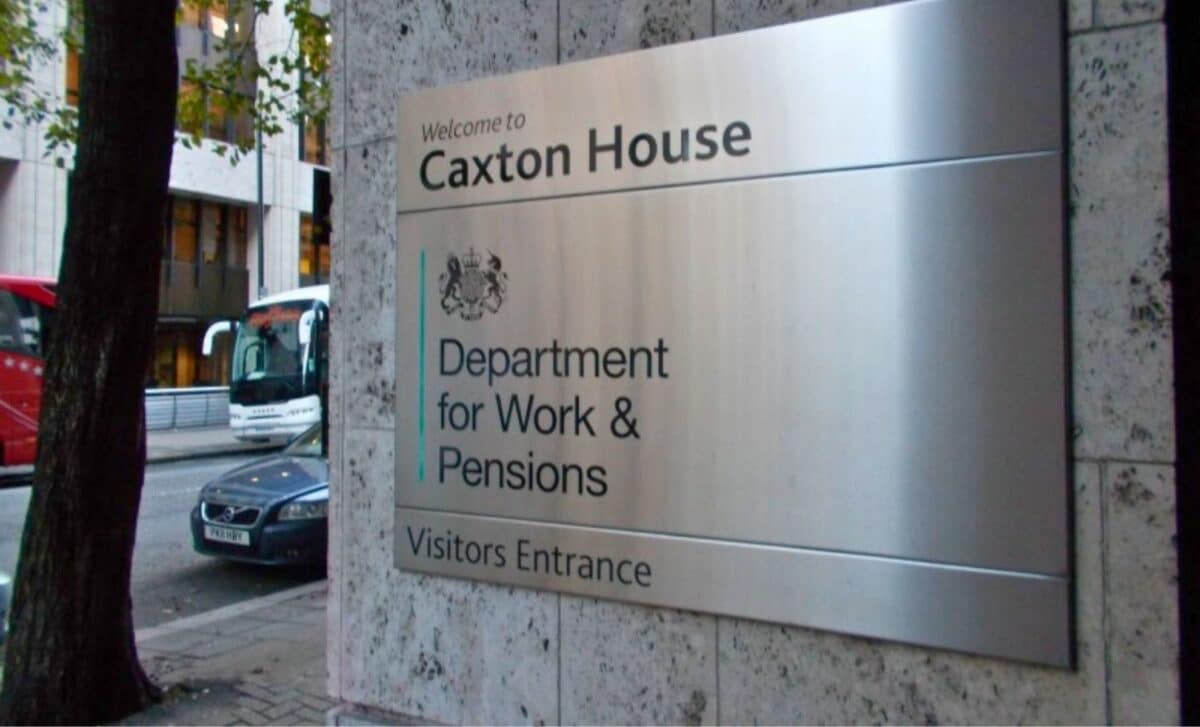The Department for Work and Pensions (DWP) has announced that it has discontinued the benefit claims of 184,000 people transitioning to Universal Credit.
People Urged to Transition to Universal Credit or Risk to See their Payments Halted
People on old-style benefits are given a three-month window to move to Universal Credit in the DWP’s managed migration, or their current payments are terminated.
In the period stretching from July 2022 and March 2024, a total of 824,050 people in 540,070 households in England, Wales, and Scotland have received migration notices, according to the DWP. A great number (821,430) were claiming tax credits.
Working Tax Credit and Child Tax Credit are among the six legacy benefits being substituted by Universal Credit. The remaining are Housing Benefit, income-related Employment and Support Allowance (ESA), Income Support, and income-based Jobseeker’s Allowance (JSA).
Up to this point, the migration has essentially targeted tax credit recipients and is now also including those on Income Support and Housing Benefit. From July, ESA recipients will start being contacted, with those who claim Child Tax Credit in the first wave required to transition, followed by other ESA claimants from September onwards.
Out of the 824,050 people who got the migration notices between July 2022 and March 2024, a total of 400,940 (49%) have transitioned to Universal Credit — with 60% of households in reception of the transitional protection to keep their payments at the same level — and 238,990 (29%) are still in the process of transitioning, as reported by Birmingham Live.
The latest Department of Work and Pensions (DWP) update indicates that 184,120 individuals, equivalent to 22%, will still have to make the transition and therefore had their legacy benefit claims halted. The DWP’s statement mentions that benefits are only discontinued as a last case option after all attempts to reach out to are ineffective.
Comitee Raised Concerns about the DWP’s Managed Migration Process
In April, the Public Accounts Committee (PAC) raised concerns about the DWP’s difficult task of transferring claimants from its own legacy benefits, considering that some could be vulnerable. It said: “We would be very concerned if large numbers of these people did not transfer and were to lose their benefits.”
It also highlighted the importance of the department assisting these claimants, saying: “It is vital that the department helps these claimants to make the switch, including offering face-to-face support and making sure people fully understand the process, including the arrangements for transitional protection.”
Chairwoman Dame Meg Hillier of the committee stated: “Our committee has scrutinised Universal Credit since its inception. We must not forget how massive a change it is to how benefits are delivered, impacting millions of people. This means if the transition from legacy benefits to UC fails even an apparently small proportion of people, it will lead to real-world misery for thousands.”
She requested, “The DWP must make sure that people are not cast into financial hardship due to a bureaucratic change, and that robust support is in place for those vulnerable claimants who need it most.”
Alison Garnham, Chief Executive of Child Poverty Action Group (CPAG), also cautioned: “Warnings like the PAC’s are coming thick and fast as the DWP steamrolls on with managed migration, leaving vulnerable claimants in its wake without the benefits they are entitled to and need. The department’s lack of concern that so many tax credit claimants haven’t moved to UC and have had their benefits cut off as a result is chilling.”
She later urged the Department for Work and Pensions (DWP) to reconsider its approach: “The DWP must put its spreadsheet targets aside, slow the rollout of UC right down and come up with a safe process that won’t leave large numbers of claimants falling over a cliff edge into debt. The time to do this is now not later, when even more claimants will be at risk.”
A DWP spokesman defended the transition process, saying: “The vast majority of Tax Credit customers have successfully moved to Universal Credit. There is a range of support to help people move, including dedicated helplines, extensions and transitional protection for those who need it.”
Highlighting the perceived benefits of the new system, the spokesperson added: “Universal Credit is having a sustained positive impact on the jobs market, with people on Universal Credit more likely to be in work within three, six and nine months of their claim.”









